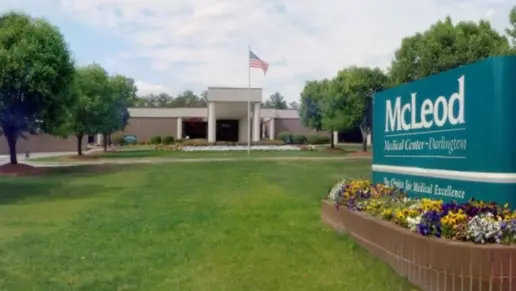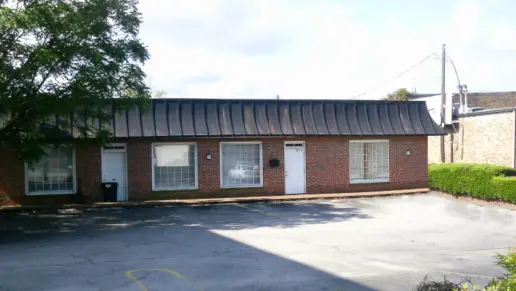About Lantana Recovery Rehab
Lantana Recovery Rehab takes a modern, community focused approach to helping men and women overcome substance use disorders. They’re located in Charleston, South Carolina. This facility has an incredible reputation for quality care. Their staff is said to be compassionate, experienced and knowledgeable. Their Joint Commission accreditation and LegitScript certification further confirm their commitment to quality. They provide personalized care that tailors recovery to your unique needs.
You may consider their outpatient programs for flexible and accessible treatment. That’s if you have a mild to moderate substance use disorder. More severe symptoms may require residential treatment. The facility boasts a calm, comfortable and welcoming environment for recovery. Their outpatient treatment integrates proven therapeutic techniques like cognitive behavioral therapy and dialectical behavior therapy with holistic and experiential approaches. These techniques are delivered via group therapy and individual sessions. The focus is on helping you address negative behavior that triggers substance use.
Through interaction with a supportive community in a group setting you’ll learn essential life skills like effective communication and mood management. You’ll also learn how to strengthen or build a healthy relationship. All of these steps help you develop strong coping and relapse prevention strategies that foster lasting sobriety. You’ll participate in yoga, meditation and mindfulness exercises to heal your mind and spirit. Family counseling and educational workshops are also provided to help your loved ones understand addiction and how to assist you in recovery.
You may receive medication assisted treatment (MAT) if relevant to your recovery journey. This may be the case if you’re struggling with addiction to opioids, alcohol or stimulants. The facility offers specialized programming for those with co-occurring disorders. The treatment integrates addiction therapy and psychiatric services including assessment/evaluation and medication management.
All these services are available in both their general and intensive outpatient care. The latter is relatively structured and involves more intense therapy. You can expect to participate in up to nine hours of group sessions weekly for about 28 to 40 days. The general outpatient program may require just 90 minutes of therapy weekly and lasts 10 weeks.
Aftercare services may involve referral to 12 Step groups like AA/NA for ongoing support. They may also connect you to community resources like employment opportunities, housing and educational assistance.
Rehab Score
Gallery
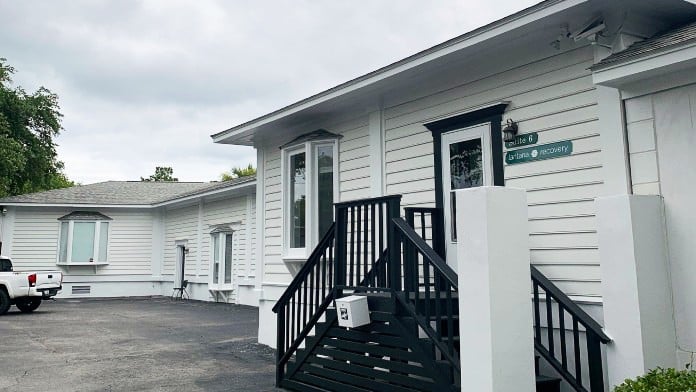
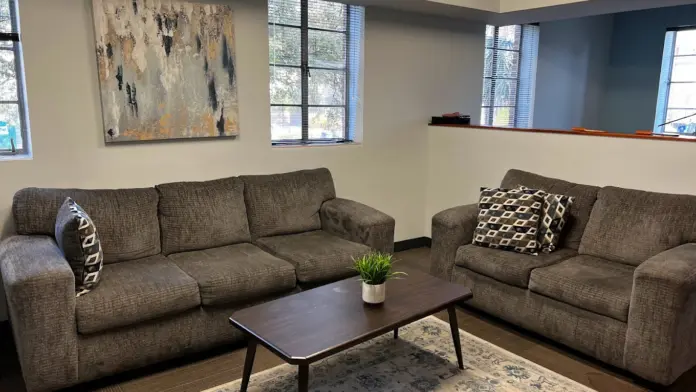
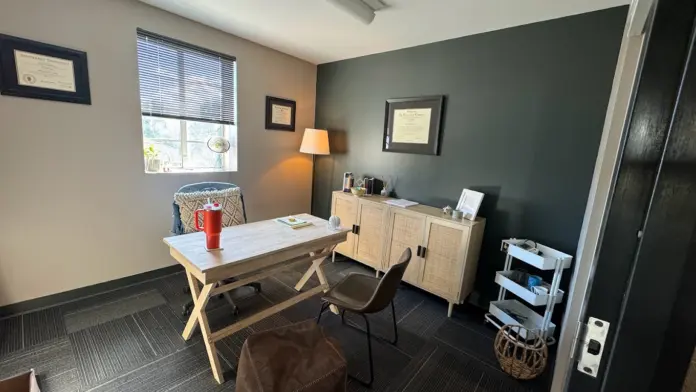
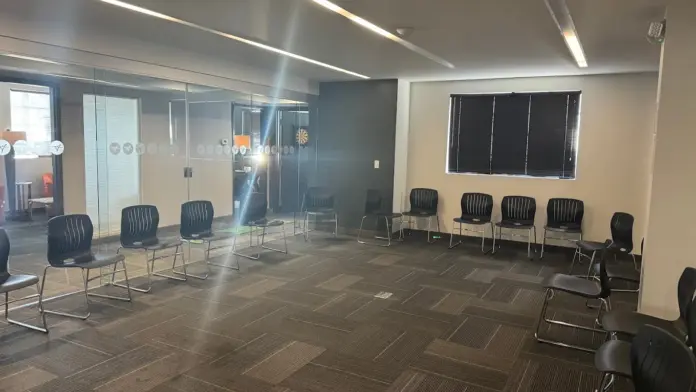
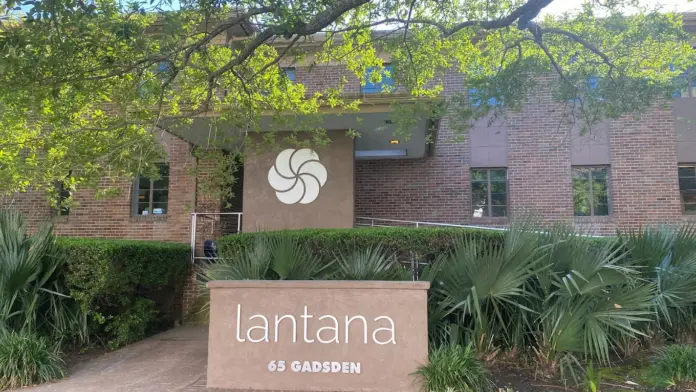
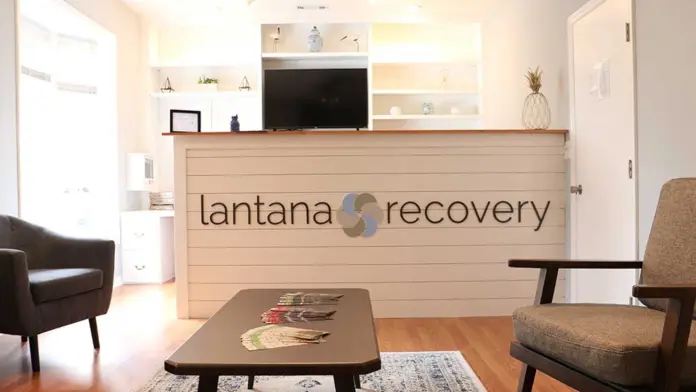
Location
Accepted Insurance
Other Forms of Payment
Private insurance refers to any kind of healthcare coverage that isn't from the state or federal government. This includes individual and family plans offered by an employer or purchased from the Insurance Marketplace. Every plan will have different requirements and out of pocket costs so be sure to get the full details before you start treatment.
Self-pay involves paying for treatment out of your own pocket. You can use savings or credit, get a personal loan, or receive help from family and friends to fund your treatment. If you don't have insurance or your insurance plan doesn't cover a specific program, self-pay can help ensure you still get the care you need.
Military members, veterans, and eligible dependents have access to specific insurance programs that help them get the care they need. TRICARE and VA insurance can help you access low cost or no cost addiction and mental health treatment. Programs that accept military insurance often have targeted treatment focused on the unique challenges military members, veterans, and their families face.
Addiction Treatments
Levels of Care
Programs



Clinical Services
Group therapy participants in South Carolina learn practical conflict resolution skills they can practice within the group. These skills are essential for improving your relationships and reducing stress outside rehabilitation. Both of these factors are crucial to help maintain your recovery.
Men and women in South Carolina undergoing individual therapy work closely with their therapist to address the personal challenges and lifestyle changes that can help address addiction triggers. You have a unique situation and your therapist will spend time helping you develop healthy coping strategies so you can work toward achieving and maintaining sobriety.
The overall goal of trauma therapy is to address and reduce the lingering physical and emotional effects that trauma has had on your life. You work within a safe space with an experienced therapist to understand your responses and develop healthier coping mechanisms.
During couples therapy in South Carolina, a licensed therapist offers techniques for how both partners can resolve conflict and manage challenges in the relationship. The couple may also engage in individual or family therapy for further support.
The goal of all family therapy sessions is to support their loved one's recovery effectively by learning new and healthy communication skills as well as ways of managing stress and resolving conflicts. This helps improve interactions and addresses underlying issues within the family that often influence recovery.
Accreditations

The Joint Commission, formerly known as JCAHO, is a nonprofit organization that accredits rehab organizations and programs. Founded in 1951, the Joint Commision's mission is to improve the quality of patient care and demonstrating the quality of patient care.
Joint Commission Accreditation: Yes

LegitScript has reviewed Lantana Recovery Rehab as part of their certification program, and has determined that it meets the LegitScript standards for legality, safety and transparency.
LegitScript verified in
Contact Information
65 Gadsden St
Charleston, SC 29401













